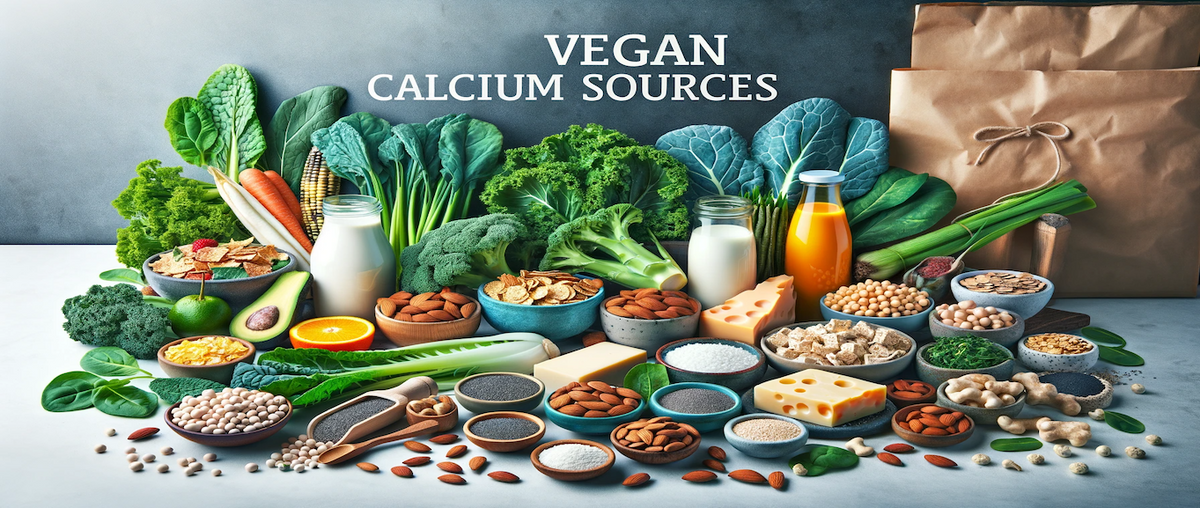The Link Between Diet and Lifespan
The connection between diet and lifespan has been a topic of intense research and interest for many years. What we eat significantly influences our overall health and longevity. A healthy diet can not only help us maintain a healthy weight but also prevent chronic diseases and promote long-term well-being. This article delves into the intricate relationship between dietary choices and lifespan, providing insights into how we can eat our way to a longer, healthier life.
Key Takeaways
- The link between diet and lifespan is supported by extensive scientific research.
- Adopting a healthy diet rich in nutrient-dense foods can enhance longevity.
- Certain dietary patterns, such as the plant-based diet and Mediterranean diet, are associated with longer life expectancy.
- Lifestyle factors, including physical activity and mental well-being, play crucial roles in promoting a longer, healthier life.
The Science Behind Diet and Longevity
Understanding the biological mechanisms that link diet to lifespan is essential. Diet affects various bodily functions, including metabolism, inflammation, and cellular health. Nutrient-dense diets support cellular repair and maintenance, reduce oxidative stress, and improve metabolic health, all of which contribute to longevity.
Nutrient-Dense Diets
- plant based diet: Rich in fruits, vegetables, whole grains, nuts, and seeds, these diets provide essential nutrients and antioxidants that support overall health and longevity. They are low in saturated fats and high in fiber, promoting heart health and reducing the risk of chronic diseases.
- Mediterranean diet: This diet emphasizes fruits, vegetables, whole grains, nuts, seeds, and healthy fats like olive oil. It has been linked to reduced risk of heart disease, stroke, and certain cancers, contributing to longer life expectancy.
- Whole foods: Consuming minimally processed foods ensures a higher intake of vitamins, minerals, and antioxidants, which are crucial for maintaining health and preventing diseases.
Specific Nutrients and Longevity
- Vitamins and minerals: Essential for various bodily functions, vitamins and minerals support immune health, bone density, and cognitive function. For example, vitamin D and calcium are vital for bone health, while B vitamins support brain function.
- Antioxidants: Found in abundance in fruits and vegetables, antioxidants protect cells from damage caused by free radicals, reducing the risk of chronic diseases and supporting longevity.
- Omega-3 fatty acids: These healthy fats, found in fish, flaxseeds, and walnuts, reduce inflammation, support heart health, and may improve brain function.
Dietary Patterns and Their Effects
- Intermittent fasting: This eating pattern involves alternating periods of eating and fasting. Research suggests that intermittent fasting can improve metabolic health, reduce inflammation, and promote cellular repair, potentially extending lifespan.
- Calorie restriction: Reducing calorie intake without malnutrition has been shown to extend lifespan in various species. Calorie restriction may improve metabolic health, reduce oxidative stress, and enhance cellular repair mechanisms.
- Balanced diet: A diet that includes a variety of nutrient-dense foods ensures adequate intake of essential nutrients, supporting overall health and longevity.

Avoid Overeating
Overeating can lead to obesity, metabolic disorders, and chronic diseases, all of which can shorten lifespan. Maintaining a healthy weight through mindful eating and portion control is crucial for longevity. Studies have shown that calorie restriction without malnutrition can extend lifespan by improving metabolic health and reducing oxidative stress.
Eat More Nuts
Nuts are nutrient-dense and rich in healthy fats, protein, vitamins, and minerals. Regular consumption of nuts has been linked to a lower risk of heart disease, improved metabolic health, and increased lifespan. Nuts like almonds, walnuts, and pistachios make excellent High Protein Vegan Breakfast and are an integral part of a healthy diet.
Avoid Chronic Stress and Anxiety
Chronic stress and anxiety negatively impact overall health and can shorten lifespan. Managing stress through healthy lifestyle choices, such as regular exercise, a balanced diet, and mindfulness practices, can improve mental well-being and support longevity. Foods rich in omega-3 fatty acids, antioxidants, and B vitamins can also help reduce stress and anxiety levels.
Drink Coffee or Tea
Moderate consumption of coffee or tea has been associated with various health benefits, including reduced risk of chronic diseases and increased lifespan. Coffee is rich in antioxidants, while tea, especially green tea, contains catechins that support heart health and reduce inflammation. These beverages can be a part of Healthy Drinks options.
Is Diet Soda Healthy?
Diet soda is often marketed as a healthier alternative to regular soda due to its lower calorie content. However, the impact of diet soda on health and longevity is controversial. Some studies suggest that artificial sweeteners in diet soda may negatively affect gut health and metabolic processes. It's generally better to choose healthy drinks like water, herbal teas, and natural fruit juices over diet soda.
Lifestyle Factors
- Physical activity: Regular exercise supports cardiovascular health, maintains muscle mass, and improves mental well-being. Incorporating physical activity into daily routines is essential for a long, healthy life.
- Mental well-being: Mental health is closely linked to physical health. Practices such as mindfulness, meditation, and maintaining social connections can improve mental well-being and support longevity.
- Social connections: Strong social ties and a supportive community are associated with better health outcomes and increased lifespan. Engaging in social activities and building meaningful relationships contribute to overall well-being.
Case Studies and Research Findings
- Recent studies: Numerous studies have highlighted the positive impact of specific dietary patterns on longevity. For example, research on the Mediterranean diet shows a correlation between high intake of fruits, vegetables, and healthy fats and increased life expectancy.
- Evidence from populations with high longevity: Populations in regions known as Blue Zones, such as Okinawa, Japan, and Sardinia, Italy, tend to live longer, healthier lives. Their diets are rich in plant-based foods, lean proteins, and healthy fats, and they emphasize community and physical activity.
Practical Tips for a Longevity Diet
- Daily dietary recommendations: Include a variety of fruits, vegetables, whole grains, nuts, and seeds in your daily diet. Focus on nutrient-dense foods to ensure adequate intake of essential vitamins and minerals.
- Foods to include and avoid: Incorporate foods like leafy greens, berries, nuts, and fatty fish into your diet. Avoid highly processed foods, sugary drinks, and excessive red meat consumption.
- Meal planning for longevity: Plan meals around whole, unprocessed foods. Opt for homemade meals over fast food, and use healthy cooking methods such as steaming, baking, and grilling.
Conclusion
Adopting a healthy diet rich in nutrient-dense foods, combined with regular physical activity and mental well-being practices, can significantly enhance longevity. By making mindful dietary choices and incorporating the principles of the plant based diet and Mediterranean diet, we can improve our overall health and extend our lifespan. Start making these changes today to enjoy a longer, healthier life.
If you are a vegan, looking to dine something vegan in your city, check out our list of vegan restaurants in India.










